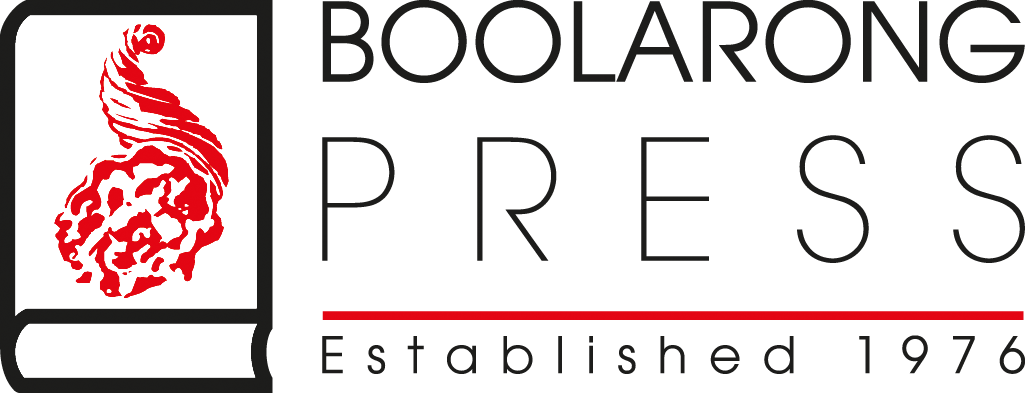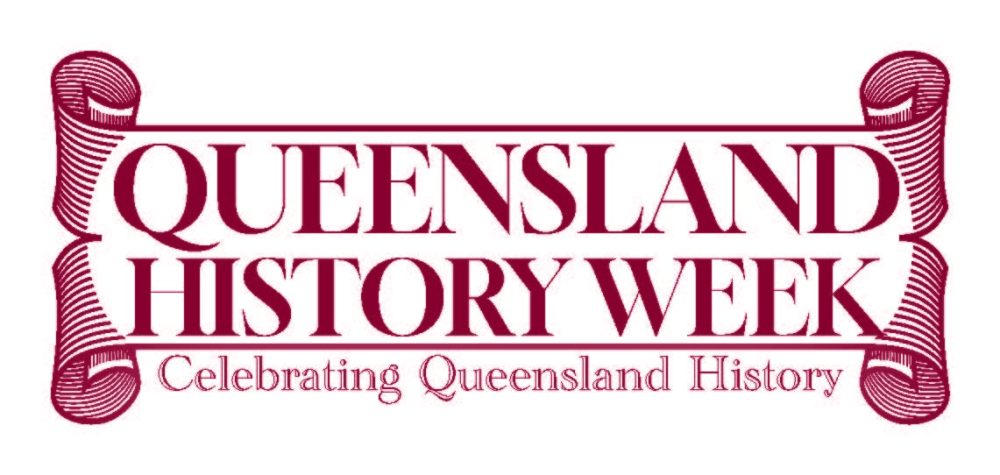Tony Matthews has been writing for more than fifty years and is the author of over thirty books, thirteen television documentary films and in excess of five hundred historical radio programs.
His interest in the era of the First World War began early and, in fact, he was, for some inexplicable reason, having nightmares, apparently about the war, when still a young child of three or four years. His terrifying dreams were recurrent over several years and depicted scenes of water-filled shell-holes and massive explosions on a mud-filled landscape which appeared to be littered with bodies and barbed wire.
The author has been writing this book, A Dawn with no Birdsong, for twenty-eight years, beginning the first draft in 1990 and continuing periodically with dozens of drafts over the following decades while also working on many other major projects such as films and books. For many years he has been keenly interested in researching the injustices inflicted upon those men who had mainly been suffering from shell-shock but were executed having been found guilty of cowardice, desertion, quitting a post, disobedience, sleeping at their posts or other minor offences. It has always been his intention to write a book to commemorate and honour those men who were tragically shot for ‘crimes’ that today would be regarded largely as psychological issues in need of compassionate counselling. The real tragedy is that so many were executed during the war, 346 of them – and until the British Government finally pardoned most of them posthumously the stigma had to be carried continuously by the families of all those wonderful heroes who went needlessly to their deaths. Today there is a poignant memorial to all the men executed in this way at the National Memorial Arboretum near Alrewas, Staffordshire, England.
The memorial was designed and created by British sculptor, Andy DeComyn. Tony Matthews was born in Swansea, South Wales, where he was educated at the independent school, Clevedon College, which was situated right across the road from the birthplace of that legendary Welsh poet, Dylan Thomas. Tony concedes that it was Thomas’s works which inspired him to become a writer. He lives a fairly reclusive lifestyle with his wife, Lensie, at Hervey Bay, Queensland.




